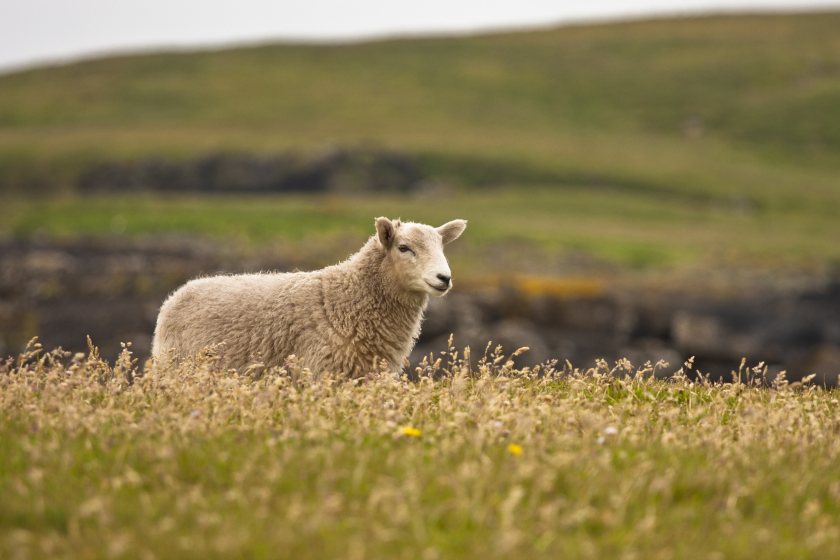Hill farmer calls for emergency authorisation of bracken control herbicide

A Scottish hill farmer has called for the government to stop "dragging its heels" on providing an emergency authorisation of bracken control herbicide Asulam.
If the Scottish government fails to provide authorisation, it would be "a dereliction of duty to protect farmers, crofters, the rural workforce, and public health."
This is according to Brian Walker, a tenant farmer at Carloonan Farm in Inveraray, Argyll, who said that the government had been "dragging its heels because Asulam is a herbicide".
Bracken is an aggressive and invasive weed, with reports it is growing frantically throughout the hillsides of Scotland.
Where bracken grows, the land is unproductive. It is also a risk to livestock health due to the abundance of ticks.
Currently, Asulam is not registered for use in the UK. However, the emergency authorisation of the herbicide was issued last year.
Mr Walker, who looks after 2,500 acres of hill ground with 80 suckler cows and 950 breeding ewes, said the Scottish government must do the same this year.
He said: "The truth is that the negative impacts of not controlling bracken far outweigh those of using Asulam to control it,"
"In fact, by not spraying bracken to prevent it growing, it will actually lead to more chemicals being used. This is because bracken is the perfect harbour for ticks.
“I have never before seen more cows coming off the hill this spring covered in ticks. The warm temperatures in the dead bracken over the winter months makes it the perfect place for them to survive and breed over winter."
He said this was having a devastating impact on his livestock, adding: "Once an animal becomes a host for ticks, we have to use a chemical – like spot-on treatments used on cats and dogs – to get rid of them.
"If we don’t do this, it could lead to the animals getting seriously ill - redwater disease in cattle and louping ill in sheep are nasty diseases."
Mr Walker said: "It is ironic that to protect our animals, we would have to use chemicals on them, rather than control the problem at the source by removing bracken."
Not controlling bracken could also have a serious detrimental impact to the general public, he noted, as bracken is carcinogenic.
"And there have been increased reports of its spores entering watercourses - this is a threat to the public," Mr Walker explained.
He asked: “The Scottish government want us to use an alternative, but what is the alternative? Scottish farmers don’t use chemicals if they can avoid it, but in this case, it is the only viable option."
The tenant farmer said it was vital that the Scottish government made a decision on the issue urgently, as aerial contractors only have a short window to spray the bracken.
They also need to order the chemical from overseas, which can take up to six weeks. "They can only do this when the emergency authorisation has been approved," he said.
“The delay in Scottish government issuing the authorisation last year meant not as much bracken was sprayed in 2022 than in previous years.
"This meant that money that had gone into controlling the bracken before 2022 is in effect lost and makes it harder to control in future years.
"Controlling bracken is something you need to keep on top of, not do once and then think it’s all fine."
Mr Walker concluded: "We press Lorna Slater, the Scottish government Minister in charge, to urgently issue the authorisation to use Asulam this season.
"To not do so would be a dereliction of duty to farmers, crofters, the rural workforce, animal welfare and the general public.”








